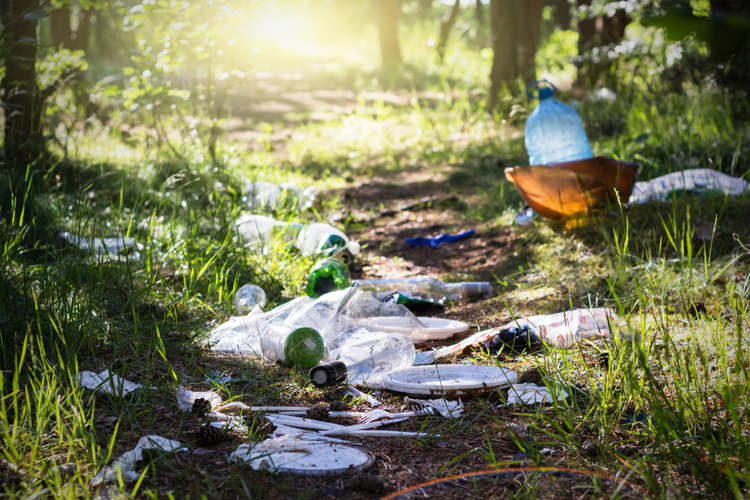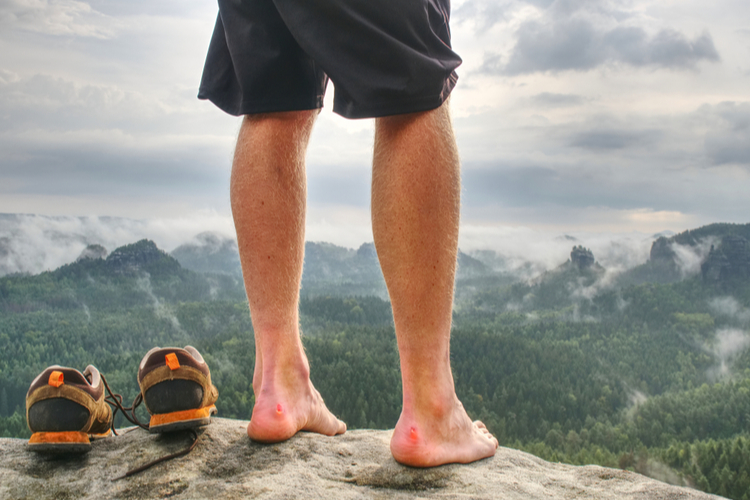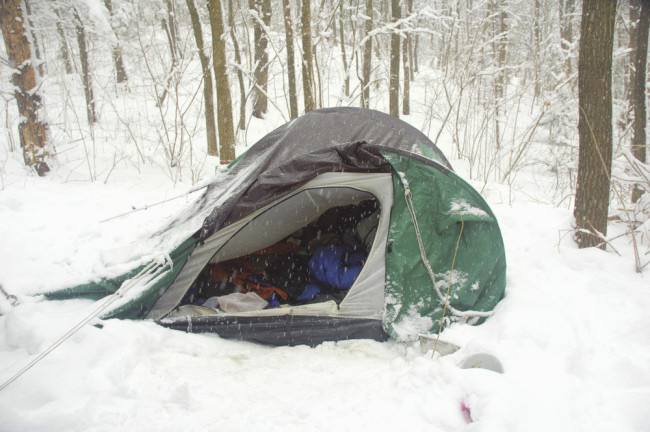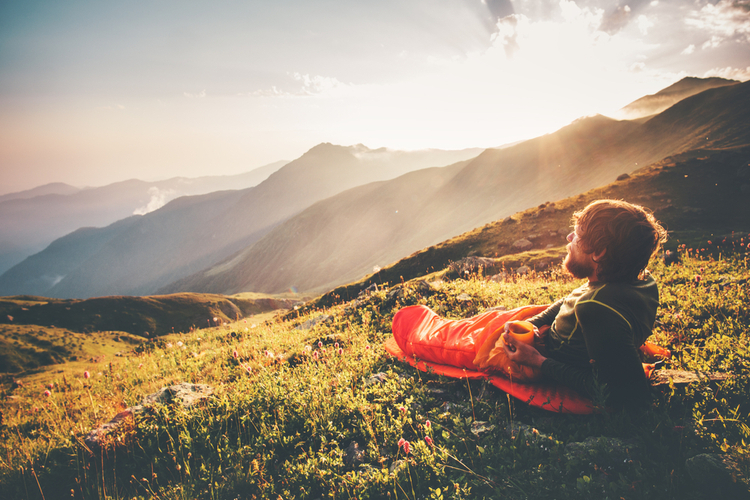
If you love the great outdoors and the lush landscape, you’ll no doubt want to keep it clean and protected.
Unfortunately, our overreliance on plastic threatens the nature that we should nurture due, in large part, to the throwaway attitude of some.
In our parks and countryside, this has led to a build-up of plastic pollution that can cause serious harm to wildlife and their habitats.
Winfields Outdoors has illustrated how you can cut your use of plastic when camping, caravanning, hiking or enjoying other fun outdoor activities. From packaging to clothing, there are countless ways to take greater care of the countryside.
Join us, and pledge to reduce your plastic use, our overreliance on throwaway items and Take It Home.
Read on to find out how much waste is collected in national parks, the cost of cleaning it up and how you can cut your plastic use…

[Text Version]
Take it Home: How to cut plastic use in camping and hiking
Discover the true extent of plastic waste at our parks and campsites and what you can do to reduce plastic pollution when outdoors.
The Problem
50 Tonnes and 10 Tonnes: Over 50 tonnes of general waste and 10 tonnes of recyclable waste is collected by teams at the Peak District each year.
80%: Over 80 per cent of visitors said they had seen plastic litter at some point during their visit.
7,000 Calls: The RSPCA receives 7,000 calls a year about litter-related incidents, from badger cubs with plastic can holders embedded in their necks to hedgehogs with their heads wedged in empty tins.
The costs of dealing with litter and rubbish at National Park Authority-managed sites have now been estimated at almost £37,000.
The Solutions
Food
Place food in glass jars, reusable food bags or reusable wax paper. Metal plates and cutlery. Use mess kits over disposable plates and cutlery and for storage.
Drink
Metal/stainless steel bottles instead of single-use plastic bottles - throwaway bottles. Portable water filter for long trips - safely filter and drink water from natural sources.
Hygiene
Bamboo instead of a plastic toothbrush, natural toothpaste packaged in glass jars or a metal tube. Shampoo bars and soap bars.
Clothing
Wear wool-based/bamboo clothing or clothing made from recycled plastic bottles - nylon and polyester clothing can release micro-plastics when washed.
Join our pledge to reduce your use of plastic and environmentally damaging products...
♽ Take It Home ♽
Read more from the Winfields Blog to set you up for 2020...
⛰ 🏕 🌳
Don’t forget to take a look at our blog for more posts like these…
The Best UK Campsites To Stay At in 2020 | 16 Best Caravan Parks in the UK | Inflatable Tent & Air Tent Buying Guide






